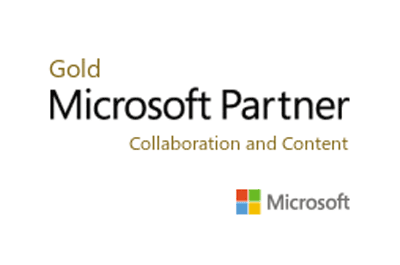Many organisations, such as law firms, healthcare institutions and public administrators use professional dictation methods to maximise the productivity of their key staff.
Is it time to go digital?
How Does Digital Dictation Work?
When you make a tape-based dictation, you must then physically hand the tape to your secretary or typist in order for them to make the dictation.
With modern digital dictation systems, your dictation can be sent, via wi-fi, directly to your secretary or typist. This can result in significant time and productivity savings, especially for business people who spend significant amounts of time outside of the office.
In both circumstances, the transcriber will use a transcription kit in order to type up the text. With analogue systems this is not connected to a computer, whilst with digital systems it is.
Once this is complete, with tape-based dictation the tape will then be returned and overwritten with a new dictation. If there is a backlog of typing for some reason, tape stock may become an issue. With digital dictation, files are stored on the computer and there is no limit to the amount of dictations which can be recorded and waiting for transcription at any moment.
What are the Advantages of Digital Dictation Compared to Using Tapes?
Digital dictation devices have evolved greatly over the years and come with a number of key benefits:
- Efficiency – using digital dictation, files can be with your secretary or typist as soon as they are completed, regardless of physical location. Using a tape system, if you were out of the office for the day, you would have to hand the tapes to your transcriber on your return and then wait for the transcriber to process these. Using digital dictation, if you were out of the office for the day, then your files could be typed throughout the day and be waiting for you on your return.
- Flexibility – this efficiency then gives great flexibility for the dictation and transcription processes and the individuals involved. Both parties can work from home or from other locations when desired, without compromising on delivery speed. With the desire for flexible working on the rise, digital dictation solutions could help you to attract and retain talent that desires to work flexibly.
- Managing workloads – when all files are digital, it is much easier to transfer files between typists and to prioritise important files. This means that the work of a pool of typists can be managed centrally. If there is sickness or annual leave, then audio files can be distributed quickly and evenly between transcribers. This frees up resource within your transcribing pool, which can often be assigned to other work. Helping you achieve more with the same amount of resources.
- Sound quality – modern dictaphone devices have also innovated when it comes to sound quality. Using a digital dictation device comes with significant sound quality improvements compared to tapes – especially when tapes become old. In addition, devices such as the Olympus 9500 have different modes for voice recording in noisy, quiet and multi-person environments. This ensures that your typist receives the best quality of audio, no matter where you are.
- Sound speed – because the file is digital, the transcriber can speed up or slow down a file when typing it up. This means that if somebody speaks particularly fast, or an audio has complexity or multiple voices, the transcriber does not have to constantly rewind to understand what is being said. This can save significant amounts of time when transcribing.
- Costs – whilst there will be initial set-up costs involved in switching, over the long-term digital dictation provides significant cost savings. This is both in terms of the ongoing costs of running and managing your system, as well as the cost savings produced by your more efficient ways of working.

Should I Upgrade My Office to Digital Dictation?
We recently helped a client move from analogue to digital dictation, and asked for their thoughts on the upgrade. Their response was that they wished they hadn’t waited so long to go digital!
As technology rapidly evolves, businesses need to evolve too in order to remain competitive and make the most use of their employees’ time. Innovative solutions, including digital dictation, are a key part of ensuring that your organisation is ready for whatever the future holds.
Professional Dictation, Simplified.
Record your voice and manage dictation workflow with enhanced clarity and increased flexibility in any environment. With advanced features including WiFi technology, a superior noise canceling system, and enhanced structural integrity, the DS-9500 will simplify your workflow and improve dictation management efficiency.
Watch video below and learn more about the DS9500 Digital Recorder from Olympus.



